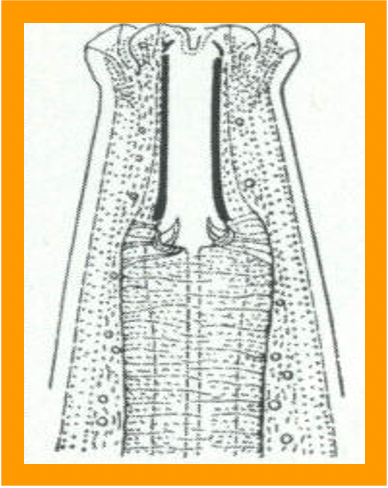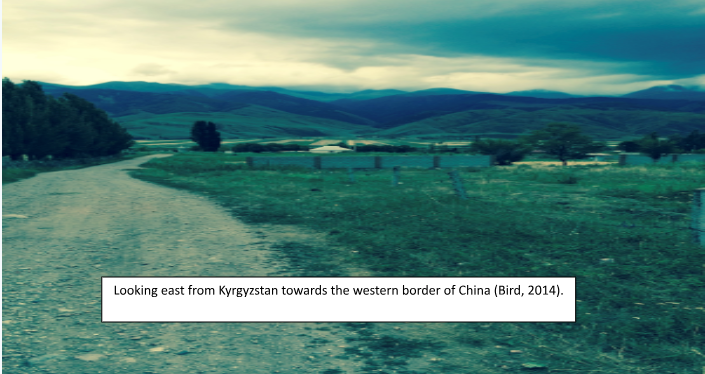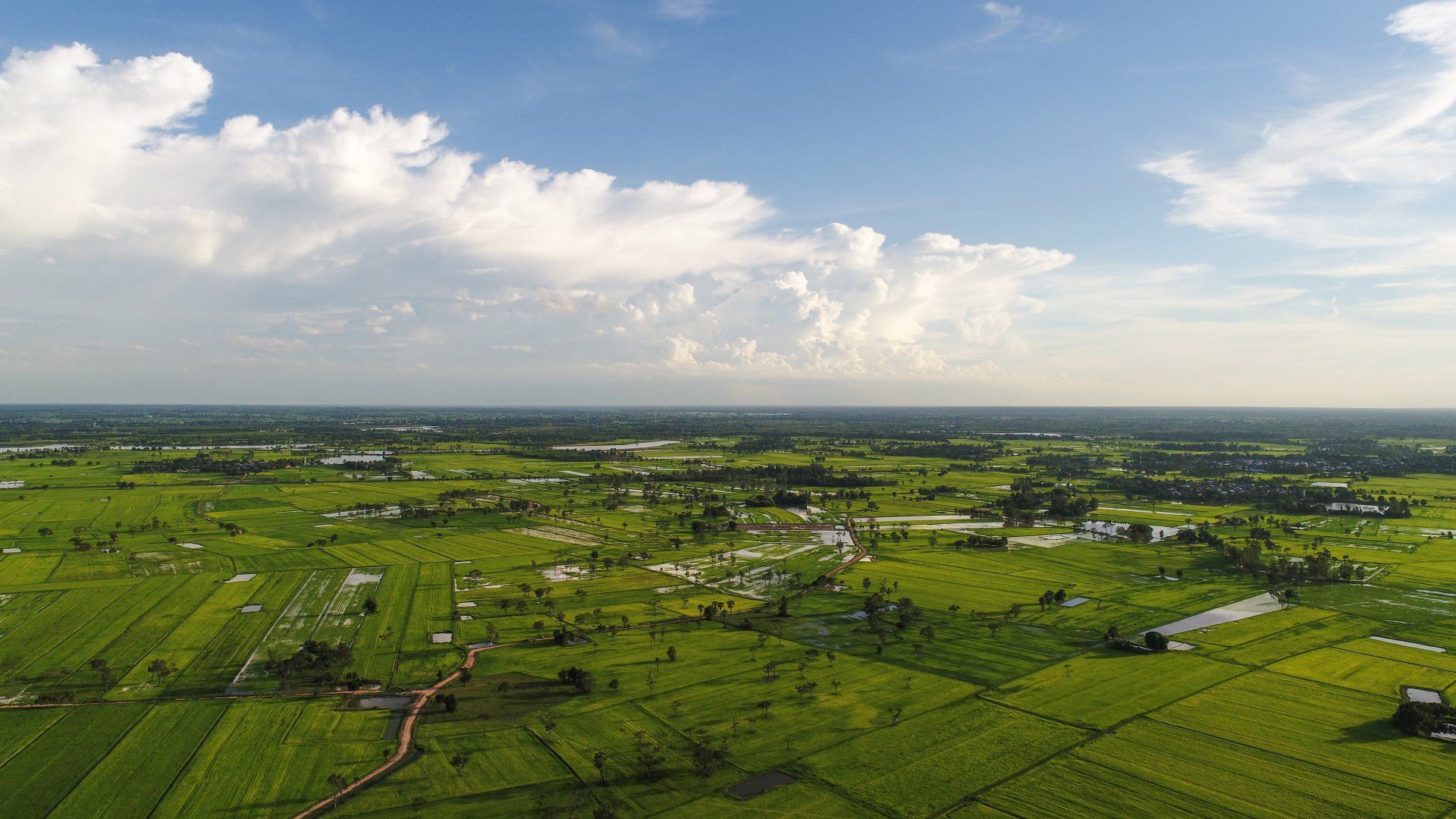Ask Prof George (Blog No. 1)
George Bird • September 20, 2024
Knowledge will forever govern ignorance, and people who mean to be their own Governors, must arm themselves with the power knowledge gives (James Madison, 1822)

Where should we begin?
Let’s begin with us.
People
Homo sapiens Linneaus, 1758
As living organisms, we consume matter from external sources and release residuals. The term waste is not in my vocabulary. In addition, people reproduce and respond to their environment (Capra, 1996).
Over time, species evolve and subsequently become extinct.
During the time a species exists in nature, it undergoes a sequence of changes based on its relative success as reflected by abundance, genetics, and geographical distribution.
In 1970, Dillion proposed that species undergo a four-stage transition.
New species that succeed are characterized by increasing abundance and expanding geographical distribution.
Young species have extensive biological variability, great abundance, and diverse geographical boundaries.
Mature, middle-age species are common with fixed geographical boundaries and little biological variability.
In the final stage before extinction, old species have limited biological variability, narrow geographical boundaries, and are not abundant.
While collapse (the topic of a future blog) is different than extinction, I find it interesting that collapse of vulture species in India resulted in an estimated 104,000 human deaths and close to $70 billion US in annual negative mortality impacts (Wible, 2024)
Research reported in the July 10, 2019, issue of Science indicated that humans existed in Europe as early as 200,000 years ago (Wade). Our species, however, did not evolve from its adolescent stage until recently when it reached a population of one billion about 1830. Evidence indicates that much of this delay was due to a continual sequence of pandemics and famines (Bird and Maredia, 2020).
As humans, we are currently a young species learning how to deal with the challenges related to our transitory success and abundance in a word of finite resources.
Our future success depends on implementing old, current, and future technologies (applied knowledge) in an environmentally-sound and socially acceptable manner.
______________
References Cited
Bird, G. and K. Maredia, 2020. Pandemics, Famine and Global Development. J. Med. Anthro. 2:51-65.
Capra, F. 1996. The Web of Life: A New Scientific Understanding of Living Systems. Anchor Books.
Dillion, L. 1970. Speciation and Changing Environment. Zoolocist 10:27-39.
Wade, L. 2019. 200,000-Year-Old Human Skull Found in Europe. Science, July 10 News.
Wlble, B. 2024. When species collapse, society pays. An. Econ. Rev. 10 2139/ssrn 431879.
Next week’s blog is entitled, Climate Issues and Resolution.





